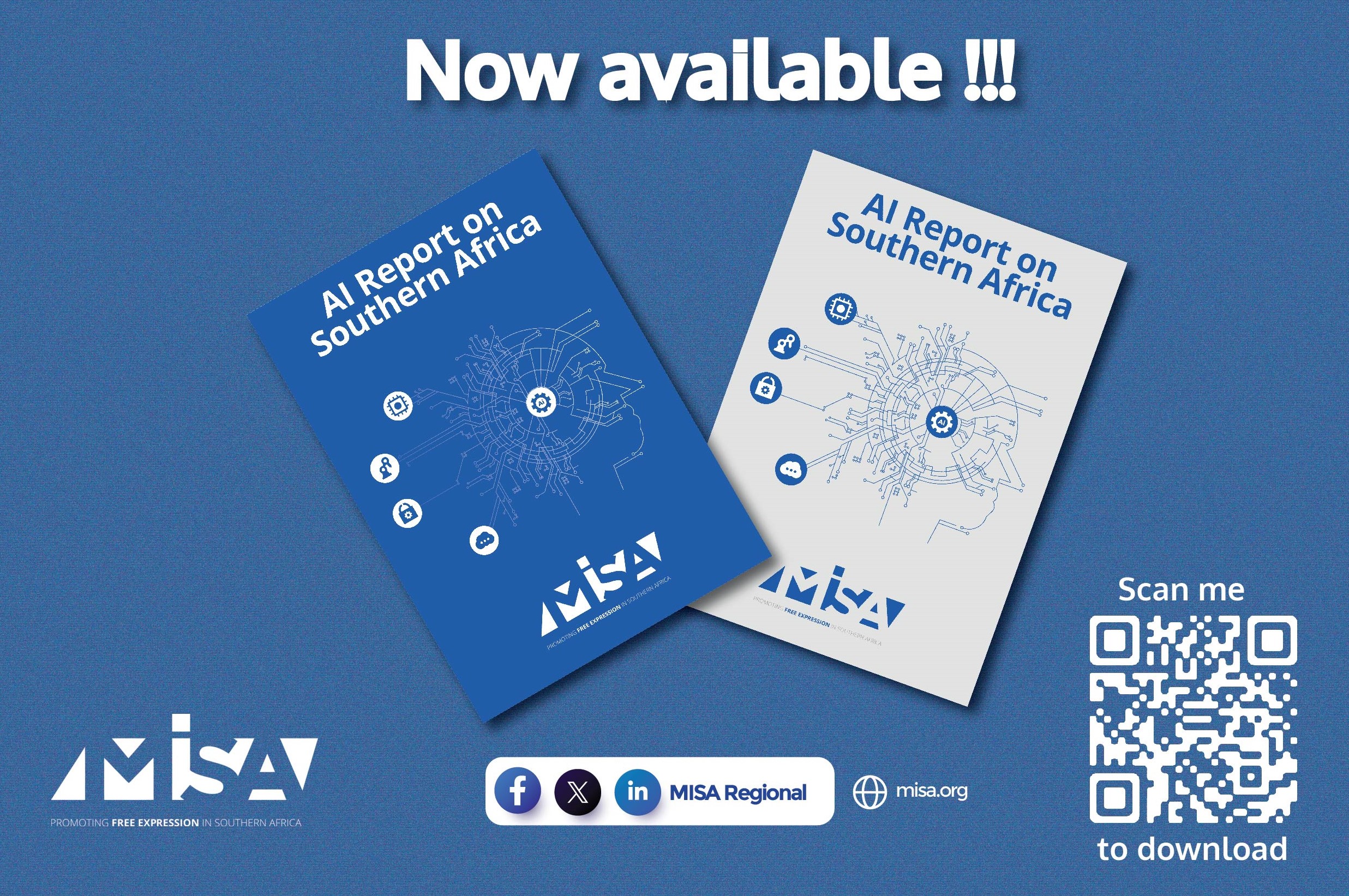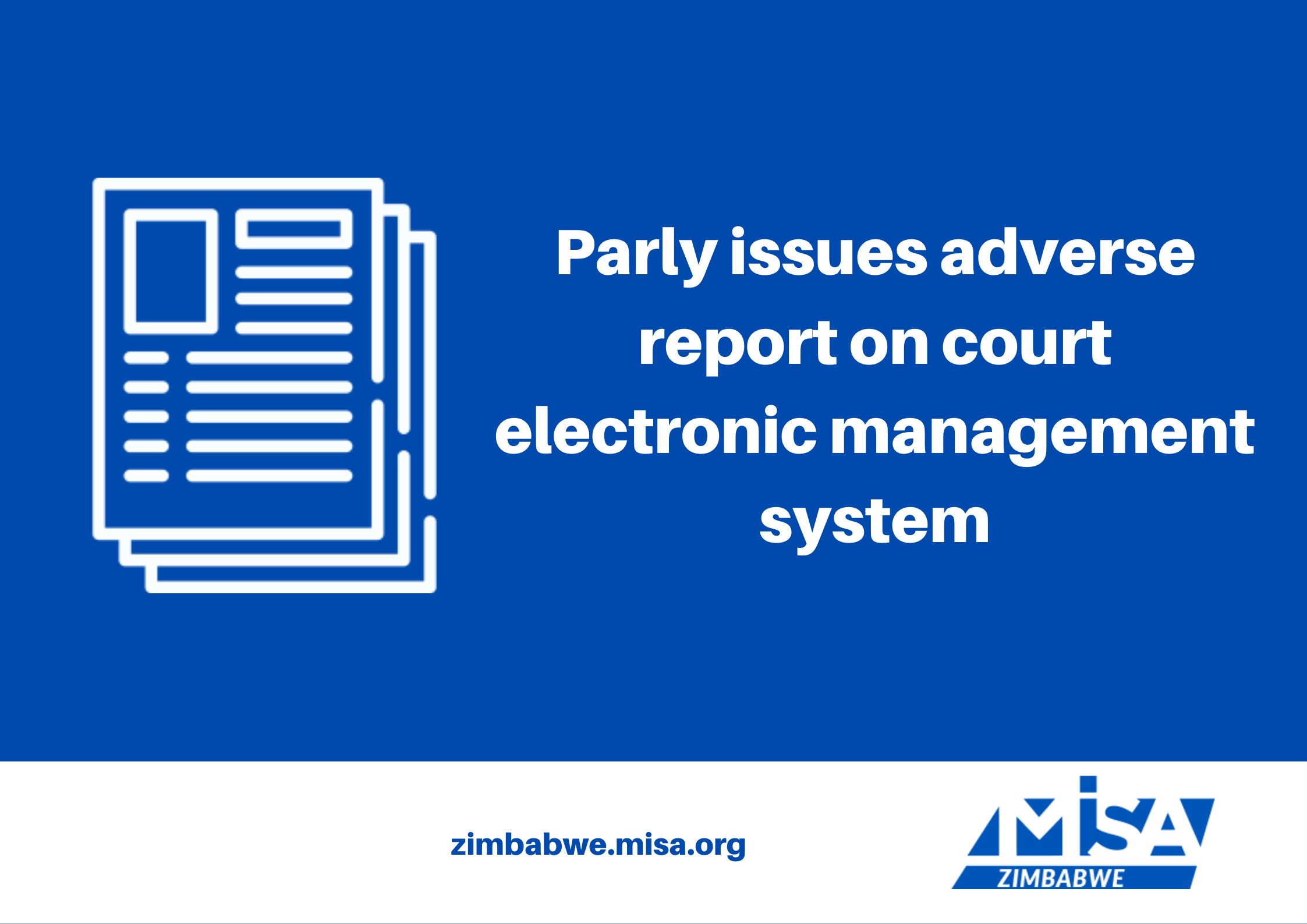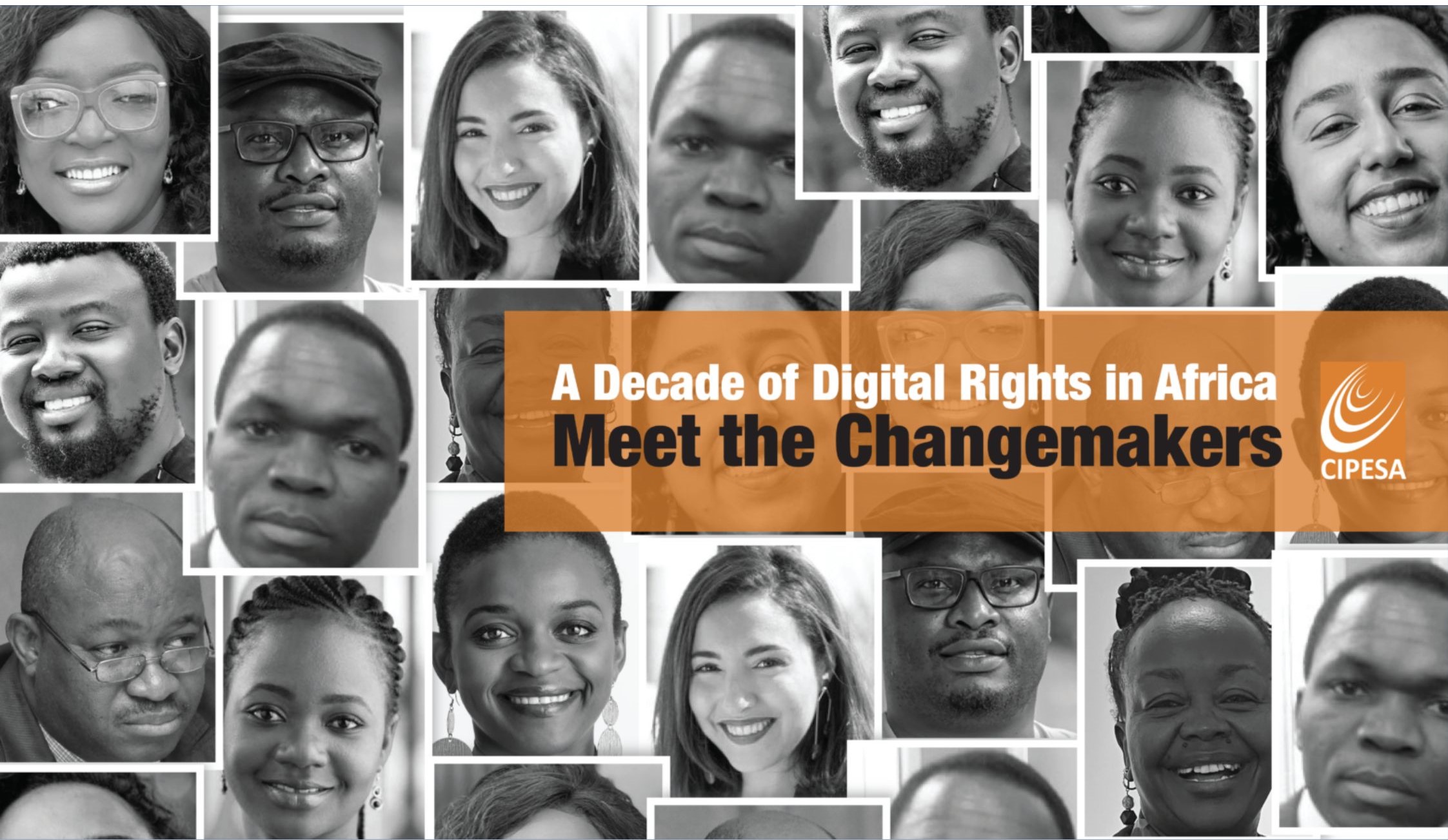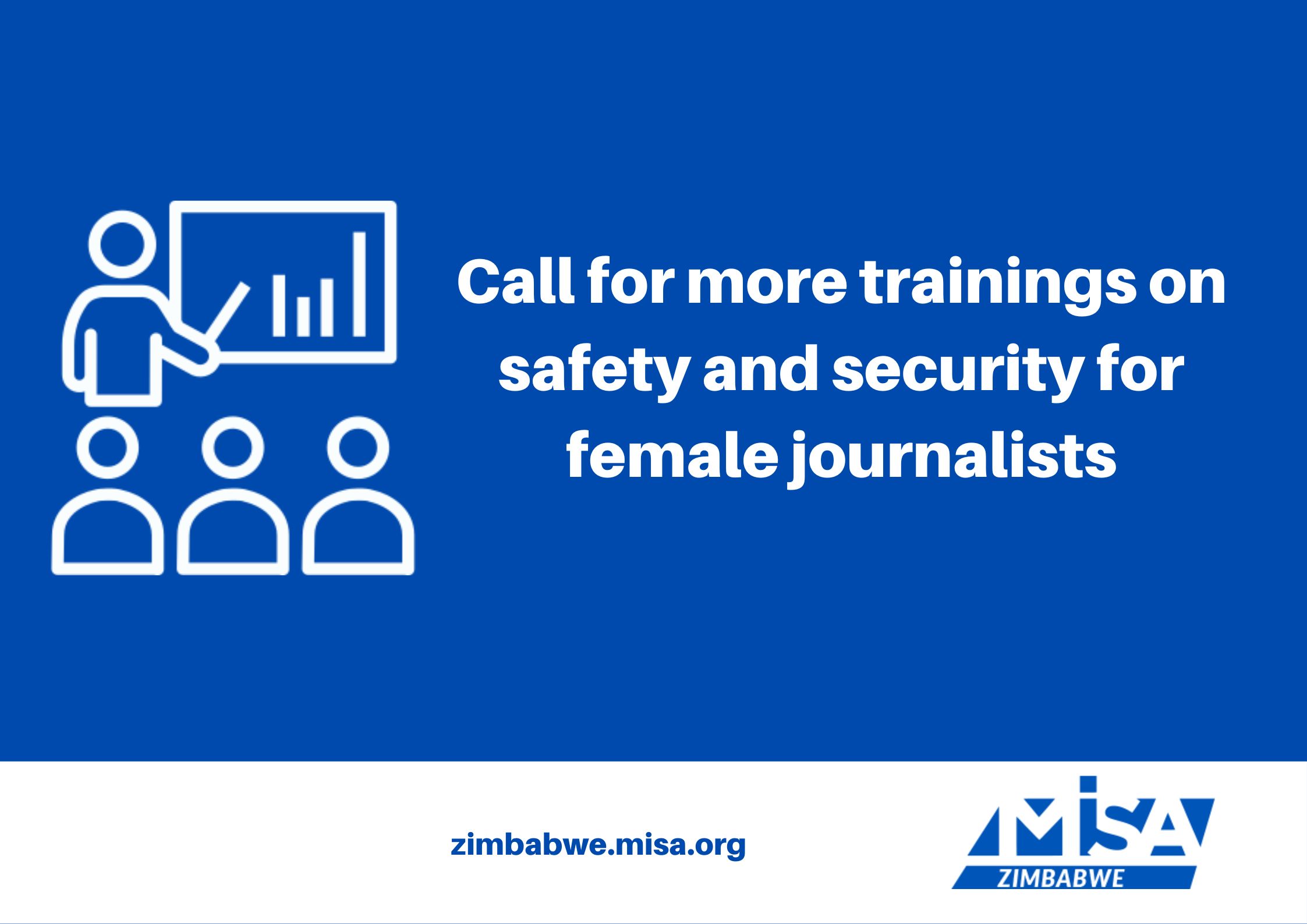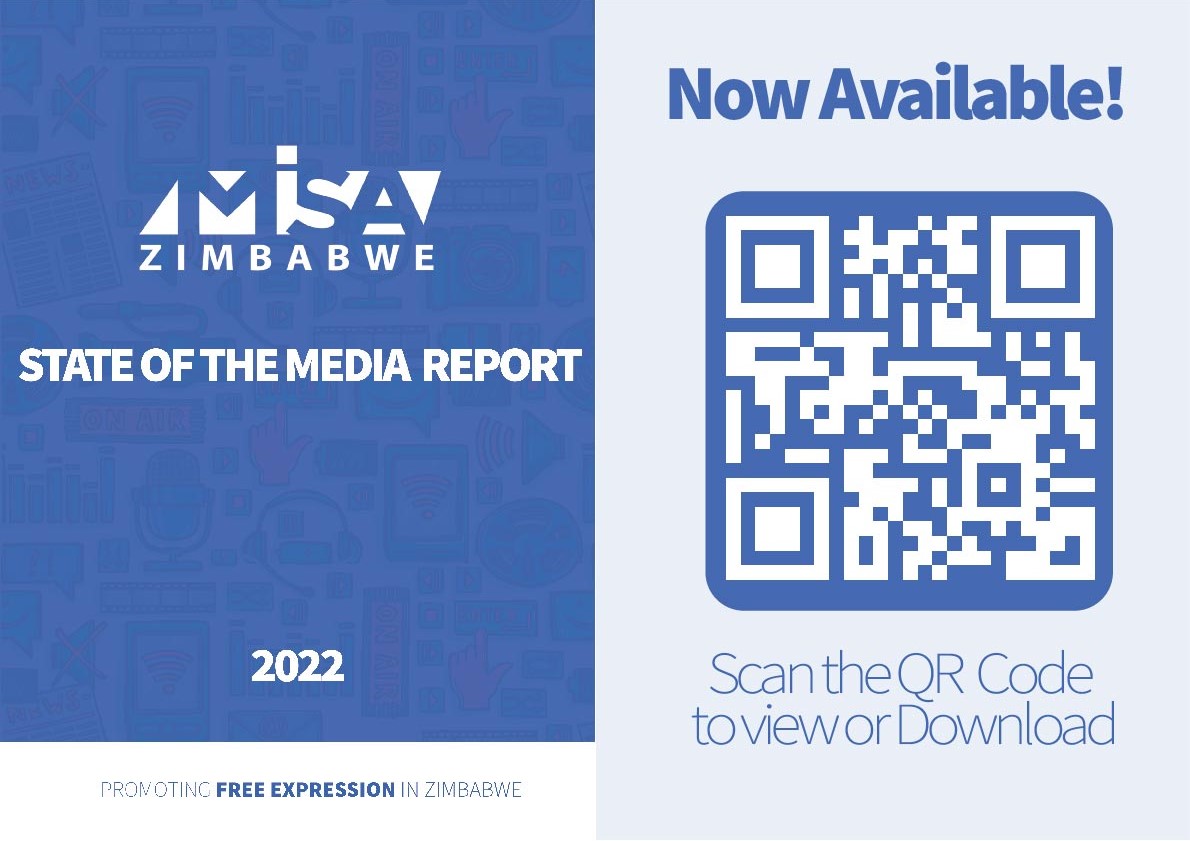By Stanely Mushava
The universal penetration of information and communication technologies (ICTs) is one of the defining phenomena of the 21st century. However, like any revolution, it is characterised by its own power relations: creators and receivers, metropolises and vassals, participants and spectators. For all the possibilities it is generating, the ICT revolution will not be complete until developing countries generate their content and build their own tools.Indigenising, democratising and incentivising ICTs on the home turf is turning out to be an imperative that countries cannot downplay if they are to get the most out of the digital revolution.
Zimbabwe is stepping up to the challenge, first by mainstreaming ICT into the education sector from Early Childhood Development (ECD) to higher education.
ICT now features at every stage of the basic education as a stand-alone subject and as a cross-cutting function in the new curriculum framework of the Ministry of Primary and Secondary Education.
It is also a critical element of the Science, Technology, Engineering and Mathematics (STEM) initiative of the Ministry of Higher and Tertiary Education, Science and Technology Development.
In a wide-ranging interview with Herald Review, the Deputy Minister of Information and Communication Technology, Postal and Courier Services Dr Win Mlambo hailed the mainstreaming of ICT in the education sector as an important step.
“Childhood is the critical period within which a person imbibes fundamental knowledge. Therefore introducing an important element to the curriculum like ICT at the right developmental stage is the right thing to do,” Dr Mlambo said.
“Children learn faster and easier. It becomes difficult to take on subjects like ICT, Engineering and Mathematics when the person has missed that critical period, hence the significance of the decision taken by Government,” he added.
“ICTs are overarching all the other sectors which is why the Ministry of ICT, Telecommunications, Postal and Courier Services is in every cluster in the context of Zim-Asset. These days if you want to do anything more efficiently, successfully and accurately, you need to involve ICTs. It could be Mathematics, Commerce or Physics, ICT are involved,” he said.
Dr Mlambo said his ministry’s mandate is to create an ICT-enabling environment within which other sectors, including education, can then develop.
He described e-learning, whereby tutorials and educational content are conveyed electronically, as a democratising feature of the ICT revolution.
However, he emphasised the importance of taking charge of that revolution by indigenising content.
“With respect to culture and indigenous languages, we are encouraging that local content be developed. There is need to develop content which dovetails with our nationality rather than indiscriminately importing from across the borders as that will erode indigenous values.
“Foreign content is bound to dominate e-learning when the programmes are developed outside the borders. Therefore, we are fast moving towards a paradigm of our own content.
“We are reviewing the National ICT Policy and one of the emphasis is the development of local content in e-learning not only to preserve the cultural values of Zimbabwe but also to make it easier for citizens to learn because they learn better in an environment they grew up in,” Dr Mlambo said.
Moving to an indigenised paradigm of ICT requires incentives for innovation. The deputy minister said incentives were in place to make Zimbabwe a major ICT hub in Africa, not just as a receiver but as a creator.
“We want to bring relevant technology to small and medium enterprises (SMEs) which are the mainstay of the Zimbabwean economy. There are a number of incentives we are coming up with including incubation of young entrepreneurs,” Dr Mlambo said.
“The ministry is also setting up a Young Technology Entrepreneurs Fund to incentivise young entrepreneurs to come up with ICT innovations which then they must quickly patent and commercialise.
“We already run awards for outstanding ICT performers. The idea is to tease the talent and encourage new ways of conducting business,” he said.
ICT is a male domain at the moment with authors like Andrew Keen faulting it as the preserve of “young white men.” Zimbabwe’s ICT ministry has moved to balance the demographics with the Girls in ICT initiative.
“Girls in ICT is an attempt to bridge the gender gap in Zimbabwe in tandem with SADC expectations and also International Telecommunications Union (ITU) expectations, UN expectations,” Dr Mlambo said.
Major booksellers, publishers and record companies are closing shop or scaling down production, leading to the loss of monumental works of art and educational content.




